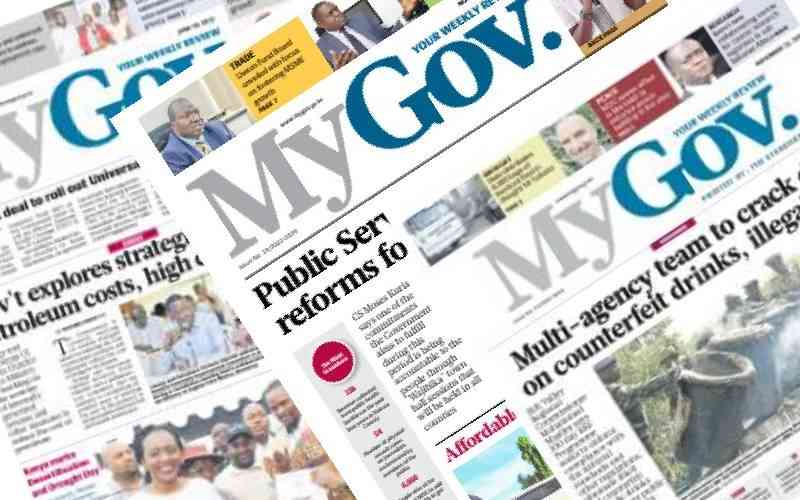×
The Standard e-Paper
Fearless, Trusted News

Awarding the advertising contract solely to The Star newspaper by the government has elicited howls of protests from media practitioners and human rights groups who see the move as another underhand scheme to control the media.